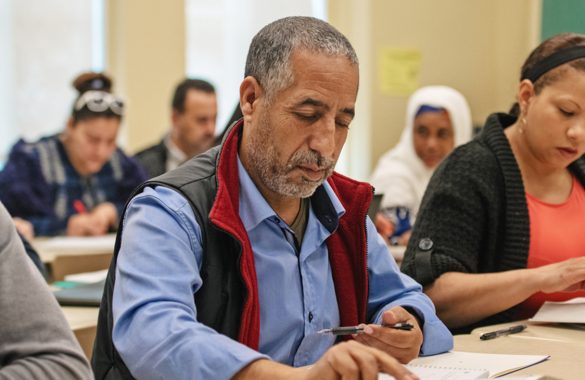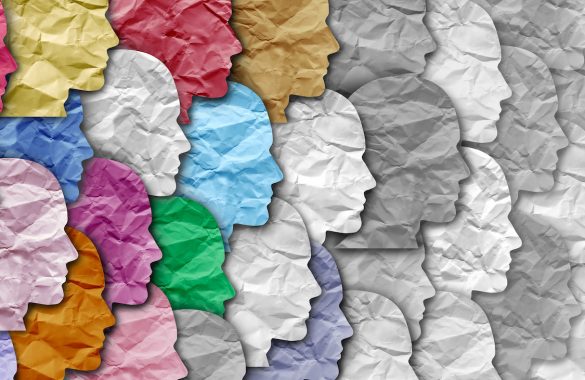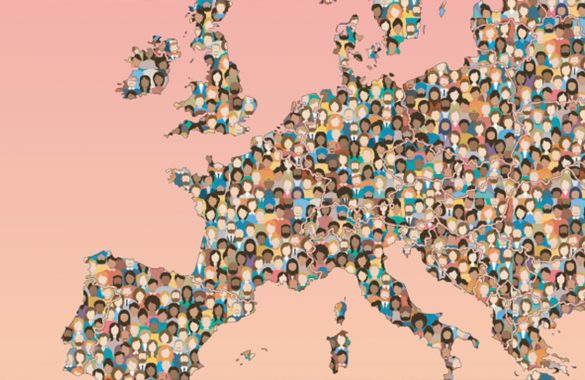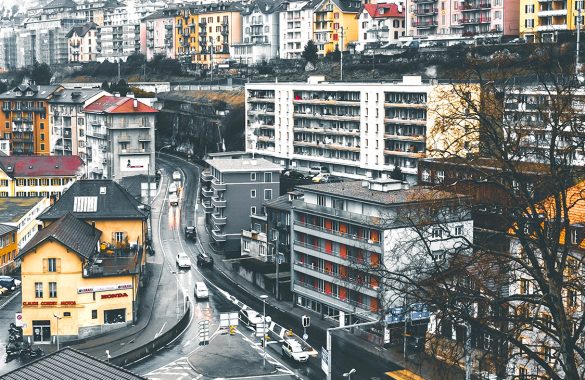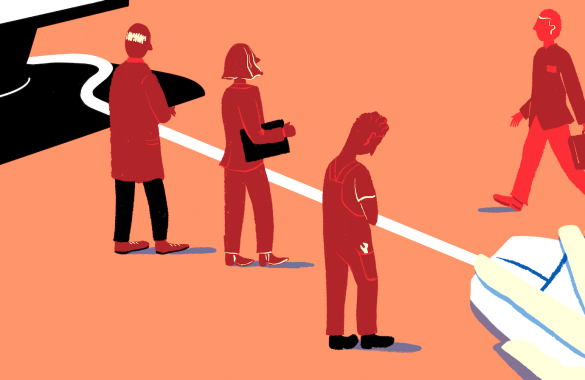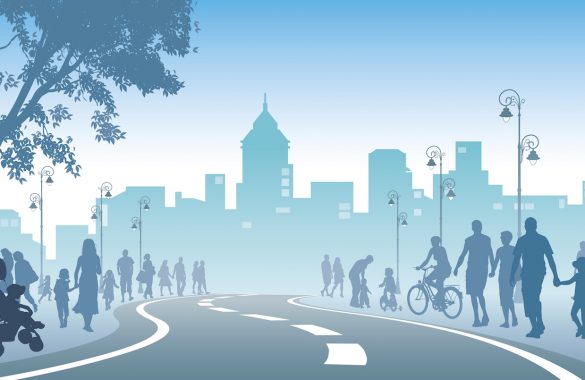With large-scale displacement crises on the rise, understanding how to effectively support refugee integration is becoming an urgent policy need. A study of two language training programs Germany offered refugees reveals program design matters: the temporary, ad hoc language program the German government rapidly assembled in 2015-16 had no impact on refugee employment while its pre-existing intensive language course did help refugees secure jobs.
From 2015 to 2016, Greece witnessed an influx of almost 1 million forcibly displaced people making their way to Northern and Western Europe. When neighboring nations closed their borders, Greece transformed from transit site to a hosting country. In 2022, researchers at IPL conducted a survey of asylum seekers and refugees to learn about the range of opportunities, obstacles, and relevant issues displaced people living in Greece experience.
How do Europeans feel about the influxes of asylum seekers following repeated humanitarian crises abroad? IPL researchers surveyed over 15,000 citizens from 15 EU nations in 2016 and 2022 during increased refugee arrivals from Syria and Ukraine. Countering fears of “compassion fatigue,” the study revealed support for refugees has been remarkably stable over time, with certain traits—including religion and education level—driving the public's preferences.
Since the 1990s, narratives about immigrants engaging in "benefit tourism” have been popular despite mixed evidence. In this study examining 10 years of administrative records in Switzerland, researchers from IPL Zurich found little evidence that immigrants who relocated substantially increased their welfare income. They also found that municipalities that increase benefits do not attract more immigrants, countering arguments often leveraged by politicians to justify cuts to social assistance programs.
Immigration Policy Lab researchers at ETH Zurich leveraged big data from recruitment platforms and machine learning to study discrimination in hiring. After analyzing anonymized data on recruiter decision-making and which candidates were contacted, they showed that immigrant job seekers were 6.5 percent less likely to be contacted as compared with Swiss job seekers with otherwise identical characteristics.
Two immigrants apply for citizenship, and one is narrowly approved while the other just barely misses out. How does this chance decision affect their lives more than a decade later? According to IPL research, the immigrant who became a citizen is likely to earn more money than the one who remained a permanent resident. And for immigrants who work in lower-skill jobs or who face discrimination in the job market, citizenship delivers an even bigger boost to their earnings over the long term.
Many policymakers assume that living in or near an ethnic community makes immigrants less likely to integrate. They tend to overlook the ways these communities help newcomers gain a foothold in their new home. That support system can be especially beneficial for refugees, but countries often disperse them across resettlement locations in a way that discourages them from clustering. We studied refugees in Switzerland and found evidence that ethnic communities can help new arrivals find work.
Many countries require asylum seekers to wait for months or years before entering the local labor market. How does this period of forced unemployment affect their ability to integrate later on? A natural experiment in Germany reveals that asylum seekers who face longer wait times are less likely to be employed, even after a decade in the country.

